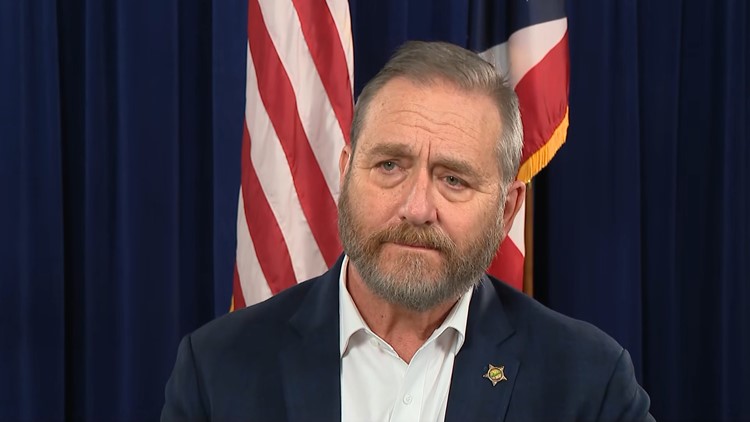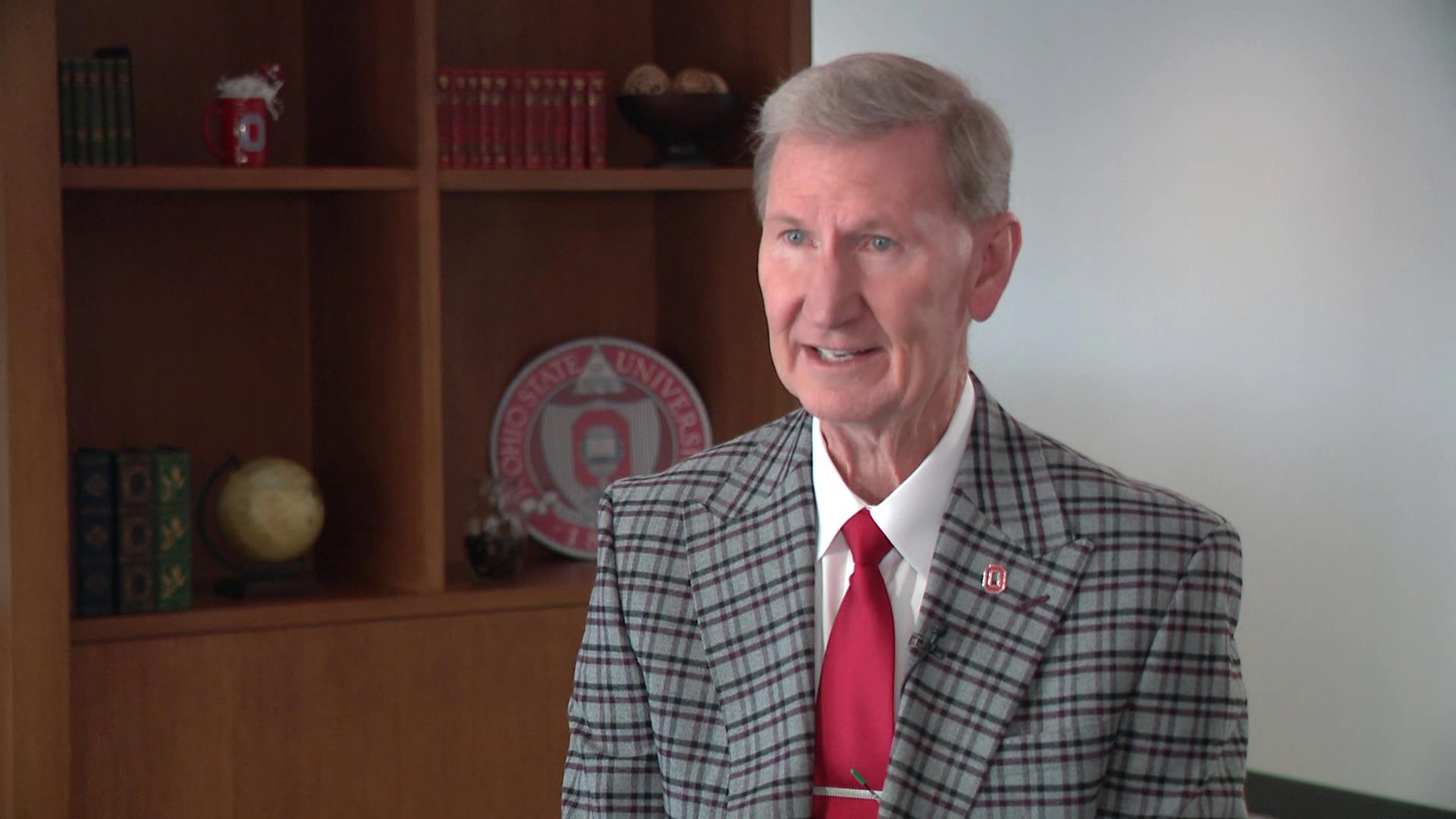OHIO, USA — Ohio Attorney General Dave Yost announced Friday the formation of a task force to look into police training in the state and explore how to best deliver successful education for law enforcement officers.
“For nearly five years, we’ve been rebuilding police training and reimagining what it should be in the future, what I call ‘Cop 2030,’” Yost said. “We’ve dismantled the old curriculum system at the Ohio Peace Officer Training Academy and are taking steps to replace it with state-of-the-art technology, techniques and courses that officers can look forward to taking.”
The task force contains a group of experts ranging from career law enforcement professionals to mental health experts. It will be chaired by OPOTA Assistant Executive Director Thomas Quinlan, the former Columbus police chief who, as commander, oversaw the Columbus Police Training Academy.
Other task force members include:
- Eric Henderson, assistant chief, Dayton Police Department
- Steve Click, director of First Responder Wellness, Ohio Department of Public Safety
- Nicholas Konves, deputy chief, Columbus Division of Police
- Kurt Althouse, chief, Vandalia Police Department
- George Maier, Stark County sheriff
- Emily Ribnik, executive director, Criminal Justice Coordinating Centers for Excellence
- Pastor Eddie Parker, Delaware County juvenile court diversion coordinator
Additional members may be named beyond this initial group, based on the needs of the task force.
Yost has asked the group to focus on training to help law enforcement respond appropriately to incidents of violence and resistance to arrest.
“We need multidimensional training, the classroom and the mat, that includes scenario-based courses by which the physical aspects of the training are repeated,” Yost said. “Repetition is key, so officers can instinctively rely on their training when faced with a hostile situation so that everyone, the community, the officer and the person being detained, remain safe.”
One tactic that Yost intends to implement is an OPOTA pilot program that uses virtual-reality goggles to help officers learn various de-escalation methods. By the end of December, OPOTA, working in partnership with Ohio University, expects to offer six virtual reality scenarios that will be incorporated into police courses.
“The work of this task force, coupled with the new courses our team at OPOTA has already developed, will position Ohio to be a national leader in police training," Yost said.
Yost expects the task force to return its recommendations by mid-January.



